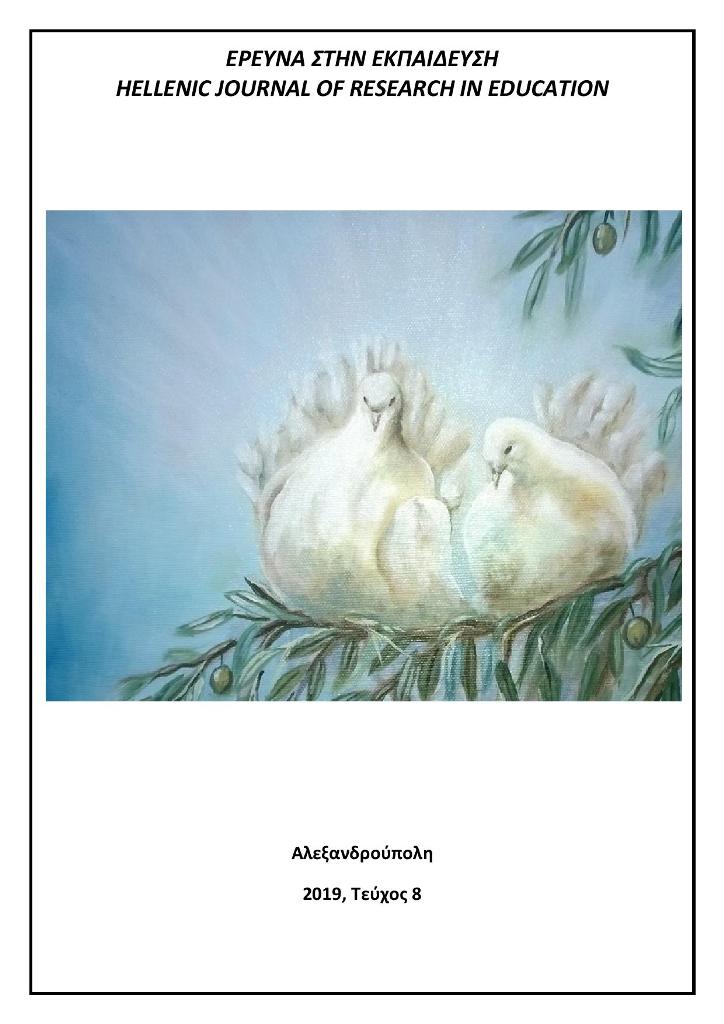The impact of the school climate on the job satisfaction of primary school educators

Abstract
The purpose of this research was to study the relationship between the school climate and the job satisfaction of primary school educators. At the same time, investigate the effect of the demographic – professional characteristics of the educators (gender, age, working relationship, years of teaching experience, speciality, and level of education) on this relationship. The sample consisted of 161 primary school teachers, who served in Achaia regional unity primary schools. The data collection was done with the help of an electronic questionnaire. Specifically, we used the Job Satisfaction Index to measure job satisfaction, while the Revised School Level Environment Questionnaire for the school climate. Our findings show that there is a positive and statistically significant correlation between all variables of the school climate with job satisfaction, with stronger relationships between student-teacher cooperation and teacher-teacher cooperation. Also, the degree of the educators’ job satisfaction is high, while the climate of the schools they serve is characterized as open – positive. The gender and the education level of the educators do not differentiate any of the variables studied. On the contrary, the speciality is an important factor in differentiating teachers’ job satisfaction, while the age, the working relationship, the years of experience and the speciality affect almost all the variables of the school climate.
Article Details
- How to Cite
-
Κοζιώρη Κ. Β., & Αλεξανδρόπουλος Γ. (2020). The impact of the school climate on the job satisfaction of primary school educators. Hellenic Journal of Research in Education, 9(1), 35–57. https://doi.org/10.12681/hjre.22354
- Issue
- Vol. 9 No. 1 (2020)
- Section
- Articles

This work is licensed under a Creative Commons Attribution-NonCommercial-ShareAlike 4.0 International License.
Authors who publish with this journal agree to the following terms:
- Authors retain copyright and grant the journal right of first publication with the work simultaneously licensed under a CC-BY-NC-SA that allows others to share the work with an acknowledgement of the work's authorship and initial publication in this journal.
- Authors are able to enter into separate, additional contractual arrangements for the non-exclusive distribution of the journal's published version of the work (e.g. post it to an institutional repository or publish it in a book), with an acknowledgement of its initial publication in this journal.
- Authors are permitted and encouraged to post their work online (preferably in institutional repositories or on their website) prior to and during the submission process, as it can lead to productive exchanges, as well as earlier and greater citation of published work (See The Effect of Open Access).



